

It can be challenging to maintain your swimming pool temperature throughout the year, and while numerous techniques exist that promise to do so, they may not be as harmful as initially believed. In reality, both a pool that is just a bit too warm and one that is just a bit too chilly have their benefits. What exactly are these benefits, and does pool type affect swimming pool water temperature? Keep reading to find details on the ideal pool temperature, as well as general tips on how to maintain the best pool temperature year-round. Allowing the temperature of your pool to vary with the weather is not a smart idea. All living things depend on the temperature in one way or another. The creatures that desire to live in your pool are included in this. We are specifically referring to bacteria and algae, which love the heat. Algae are tiny, photosynthesizing creatures. If your pool has a green film covering it or you notice clumps of green, yellow, or brown in the water, there are algae in your pool. According to a Michigan State University study, algae can itch swimmers, give off a bad stench, and block the water filtration system in addition to discolouring your otherwise spotless pool. The bacteria in your pool can also be problematic. Although bacteria are less noticeable than algae, they are more likely to make you sick than algae. Adults often prefer swimming pools that are in the upper 80s. According to the Mayo Clinic, the perfect pool temperature should be between 83°F and 88°F. Pools used for physical therapy must also be heated, ideally to 86 degrees Fahrenheit. Swimmers benefit from warmer temperatures because they can relax their muscles and perform stretches more easily. Warmer water is required for young children. The Red Cross recommends that toddlers and preschoolers swim in pools that are between 90°F and 93°F in temperature. For swimming competition training or physical activity, somewhat colder water temperatures are preferable. The pools at the Olympics are kept between 77°F and 82°F, which enables swimmers to stay cool while working out for hours without experiencing respiratory difficulties. As you can see, the ideal pool temperature range varies depending on how the pool will be used. But generally speaking, maintain it between 77°F and 84°F. Pool thermometers are one of the most accurate tools for determining the temperature of a pool. Many pool thermometers float on the water's surface, providing a reliable reading of the pool's internal temperature. Some pool thermometers (referred to as analogue thermometers) employ alcohol up a numbered scale to represent the pool's temperature, while others use an LCD screen to display the precise temperature (digital thermometers). There are wireless pool thermometers as well. You can put a component in the pool to measure its temperature, and the component can send the information to a device that displays the pool's temperature. The wireless models are useful for people who don't want to stoop down to fetch their pool thermometers. A pool heater is the most effective device for regulating pool temperature. To measure pool temperature, these pumps contain built-in thermostats. The pool temperature is then adjusted to your preferred level, just like with air temperature and your air conditioner. The pool pump continues to run until the temperature you want is reached. When the water and air temperature varies by more than two degrees, it will then switch off and not turn back on again for a while. Additionally, some pool pumps have timer functions. When you're most likely to swim, you can set a clock to start the pool's heating or cooling so that it's at the ideal temperature. Timers also enable you to conserve energy by switching off the pump for your pool at odd hours of the night. Consulting with swimming pool heater repair Toronto experts may be a good idea if you think there is something wrong with your pool heater. Finding the ideal balance between a comfortable water temperature and economical operation might take some time, and that balance will fluctuate with the seasons. But with a little work, you can make sure that the water is at a good temperature for swimming. To find out what would work best for your particular pool demands, always remember that it is better to ask your local pool builder any queries you may have. For expert swimming pool heater repair in Toronto, contact People for Pools at 647-710-8926. We'll help you find the perfect balance between water temperature and cost-effective operation. Visit us at 1585 Britannia Rd E, Unit B3 Mississauga, ON L4W 2M4 for all your pool heater needs.The Importance Of Pool Temperature
What Temperature Range Is Ideal For Swimming Pools?
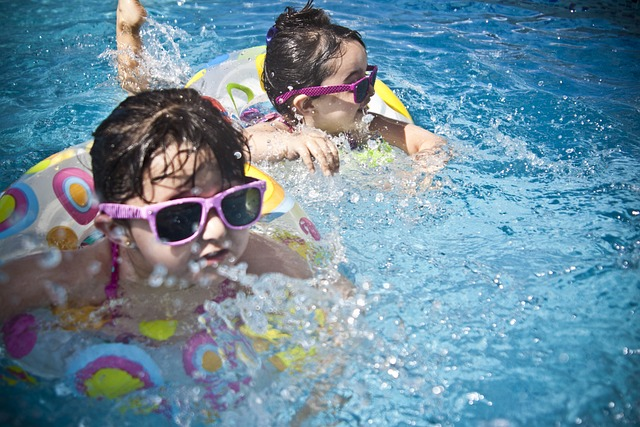
How To Check The Temperature Of Pool Water
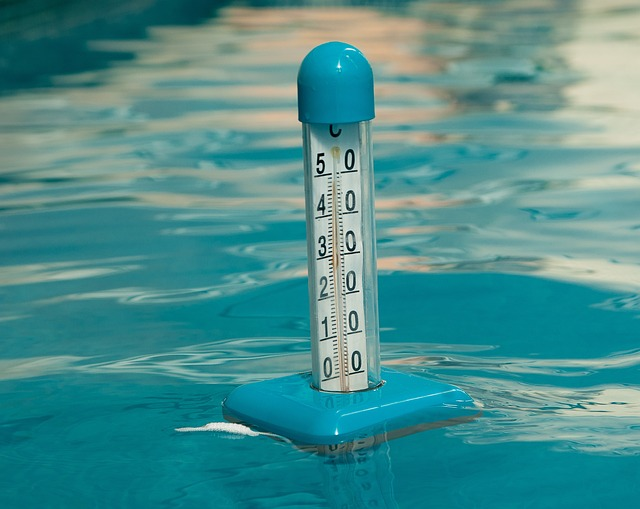
Controlling Swimming Pool Temperature
Decide On Your Preferred Temperature
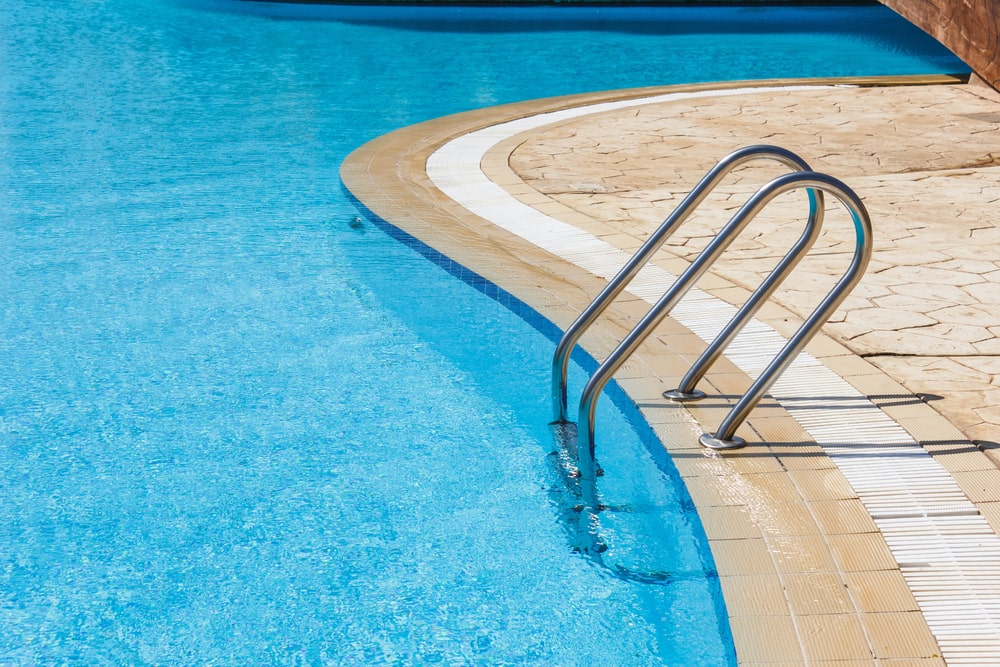
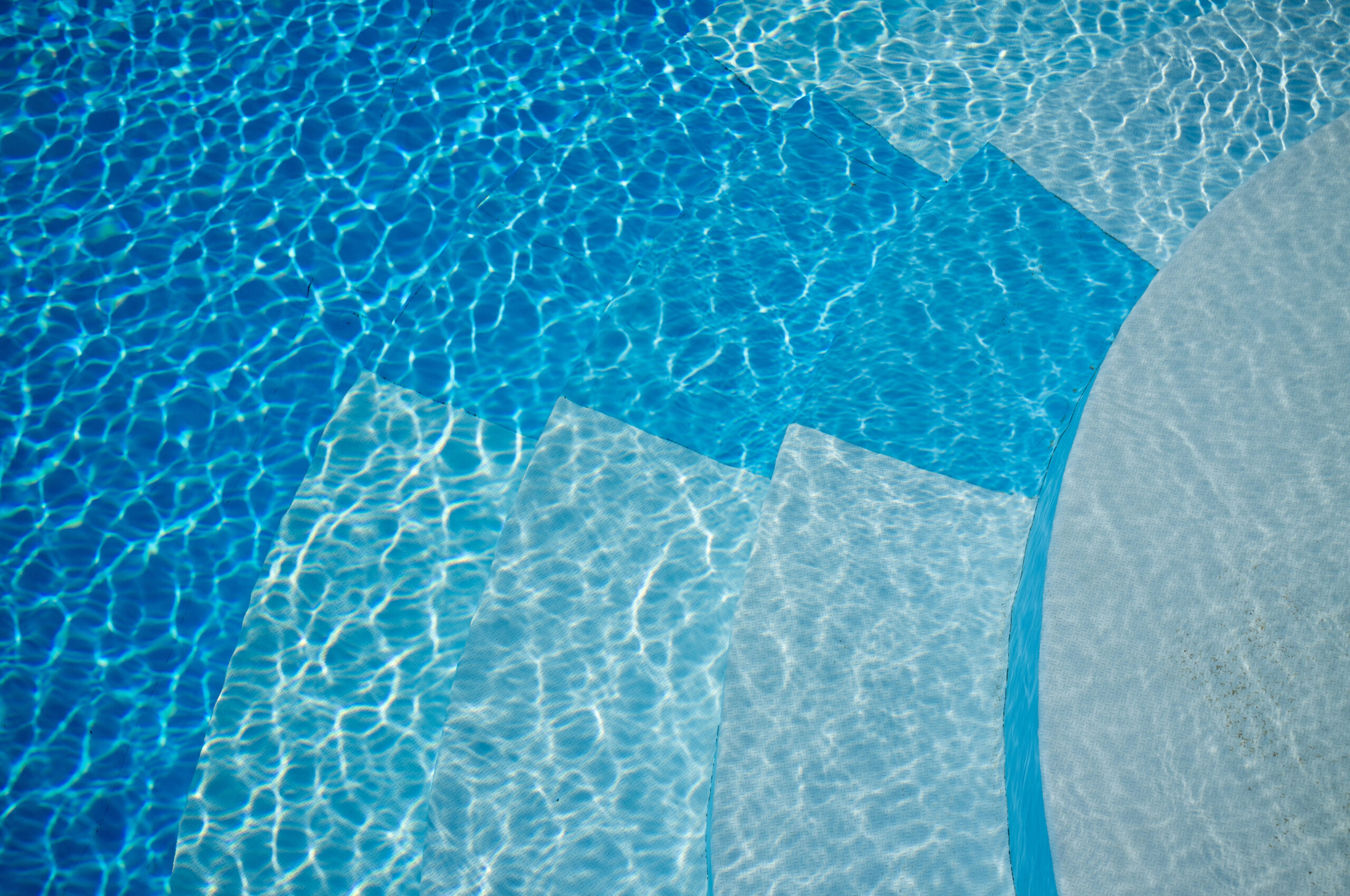
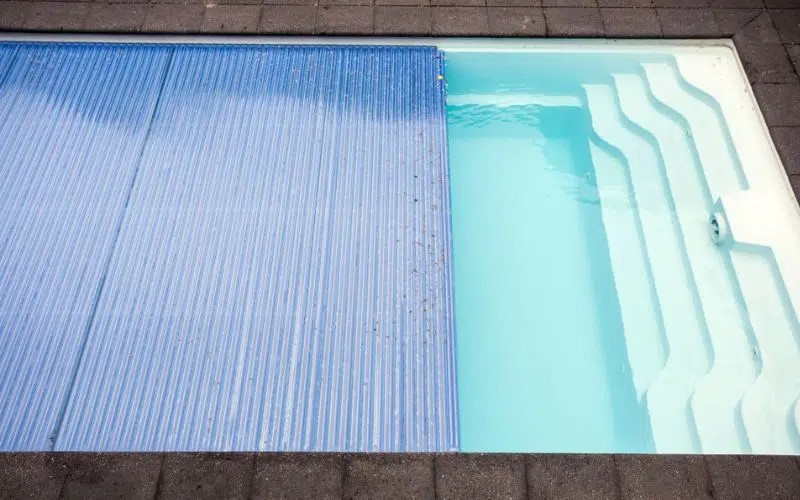
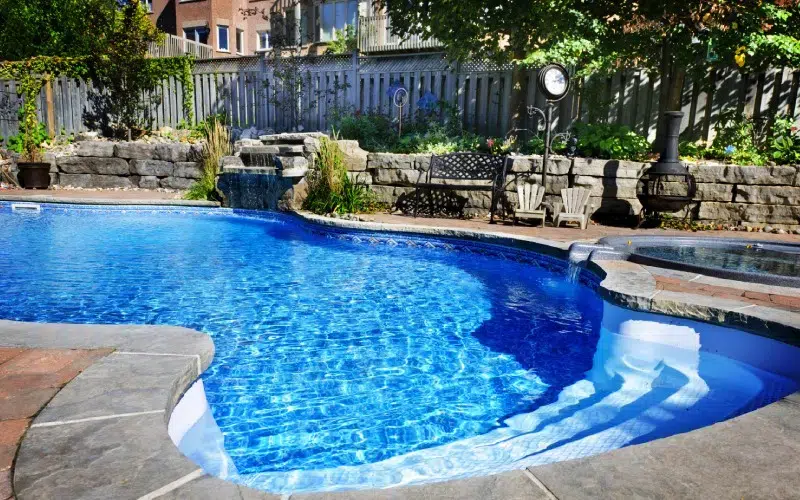
While we strive to provide as much useful information and tips as possible in our blogs, you may still have questions about your pool. That's okay! That's what we're here for. Give our team a call to discuss any questions you may have or the services you're interested in. Not only can we thoroughly answer your questions and concerns, but we can also help you regularly maintain your pool.
Give us a call, email us, or fill out and submit a form below and we'll respond promptly. We proudly service the Greater Toronto Area and can provide you with a free quote.

PEOPLE for POOLS is a professional pool company that can take care of your pool this season. Call us today to inquire about our pool maintenance service. Potential customers can receive a free quote for our services.